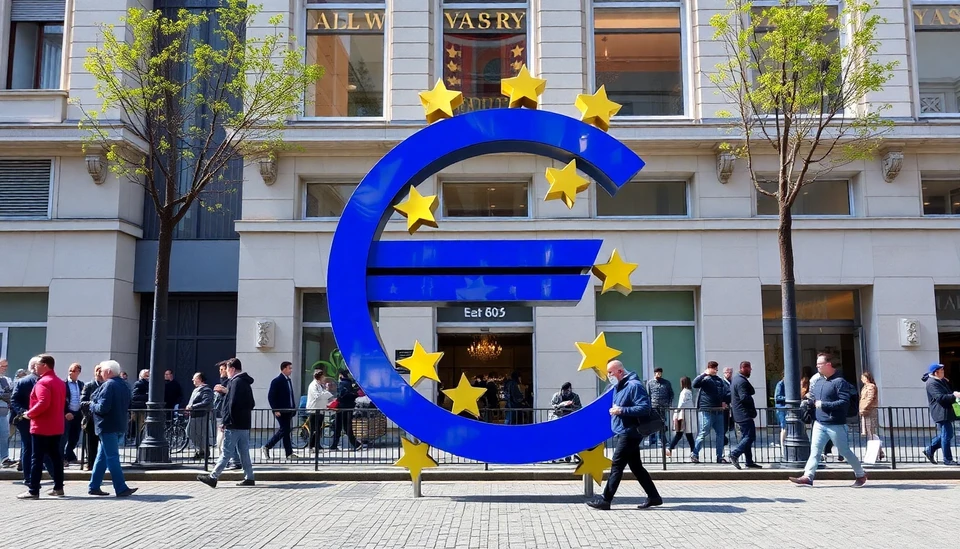
The latest data from the Euro Zone has revealed that the private sector performed better than expected last month, providing a glimmer of hope for the economy amidst ongoing concerns. According to the flash composite Purchasing Managers' Index (PMI), which is a critical indicator of economic health, the sector saw a slight increase, surpassing analysts' predictions. This performance signals resilience amid challenges that have plagued the region.
The PMI, which is closely watched by economists as a gauge of activity in both the manufacturing and services sectors, registered at 51.3 for October, up from 50.4 in September. A reading above 50 indicates that activity is generally expanding, while a score below that threshold indicates contraction. These figures suggest that the private sector has continued to navigate through difficulties, showing robust growth that contradicts some pessimistic forecasts.
The positive data was fueled largely by the services sector, which exhibited stronger-than-anticipated expansion, thanks in part to a buoyant tourism industry and increased consumer spending. This growth in services has been pivotal, as it constitutes a significant portion of the Euro Zone's economic structure. Many businesses in this sphere have noted an uptick in demand, particularly in hospitality and retail, leading to optimism about sustained recovery.
On the other hand, the manufacturing sector continues to face headwinds, largely due to supply chain disruptions and high energy costs. Nevertheless, even here, the situation appears to be stabilizing somewhat, as some manufacturers reported easing supply chain pressures and a gradual rebound in production levels. This dual narrative highlights the complex dynamics currently at play within the Euro Zone economy.
Economists are looking towards these developments with cautious optimism. While the unexpected strength in the private sector is encouraging, challenges still loom on the horizon, particularly regarding inflation and potential interest rate hikes from the European Central Bank. Analysts suggest that the central bank may have a more challenging path ahead as it attempts to balance supporting growth while managing inflationary pressures.
As we move further into the final months of 2024, all eyes will be on how these trends unfold. The performance of the private sector could play a crucial role in shaping the overall economic landscape of the Euro Zone, influencing future fiscal and monetary policy decisions. Continued vigilance and adaptive strategies will be essential for navigating the uncertain waters ahead.
#EuroZone #PrivateSectorGrowth #EconomicRecovery #PMI #Manufacturing #ServicesSector #Inflation #EuropeanEconomy
Author: Rachel Greene




